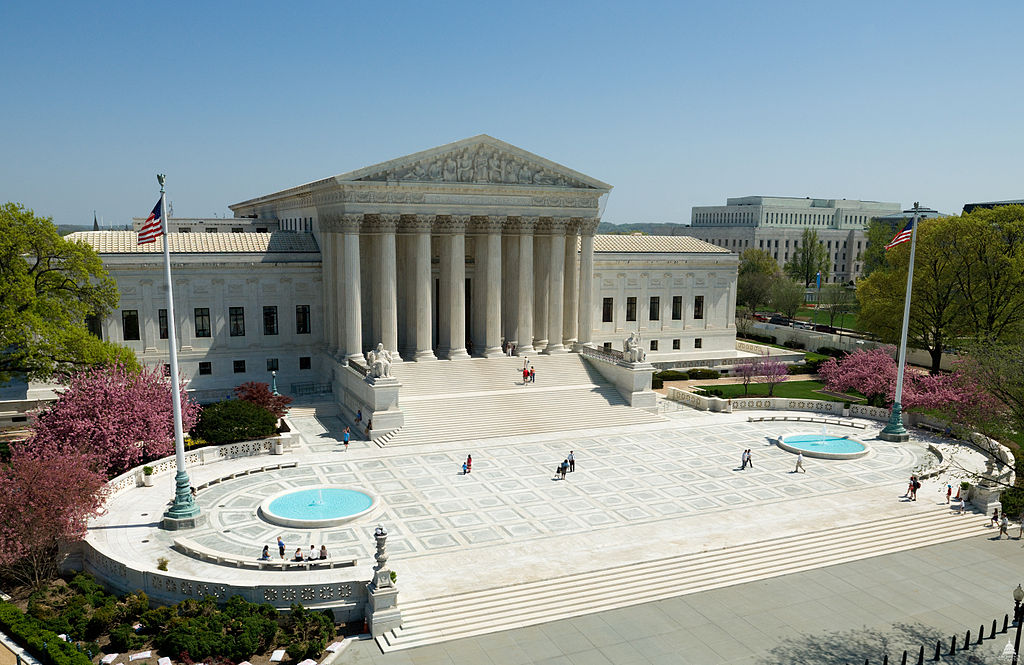Judge Forces State to List Same-Sex Couples’ Names on Birth Certificates
 Today Pulaski County Circuit Judge Timothy Fox issued a ruling forcing the State of Arkansas to put the names of three same-sex couples on children’s birth certificates.
Today Pulaski County Circuit Judge Timothy Fox issued a ruling forcing the State of Arkansas to put the names of three same-sex couples on children’s birth certificates.
Each couple has been legally married since the U.S. Supreme Court redefined marriage last summer, and each has a child conceived via an anonymous sperm donor.
In each case, only one spouse—the woman who actually gave birth to the child—is a biological parent of the child. According to the Department of Health, only the biological mother of the child may be listed on the child’s birth certificate; you cannot list the name of a second, unrelated “mother” on the certificate.
The three couples each sued the state, and today Judge Fox ruled in their favor, saying the the birth certificates can be amended to list a second “mother.”
Here’s the problem: Birth certificates exist to record that a child was born and who the child’s parents are—not who happens to be married to one of the child’s biological parents.
Birth certificates are not simply pieces of paper. They are vital records that need to be accurate and deserve respect. We should be careful not to let them become mere political ploys.


